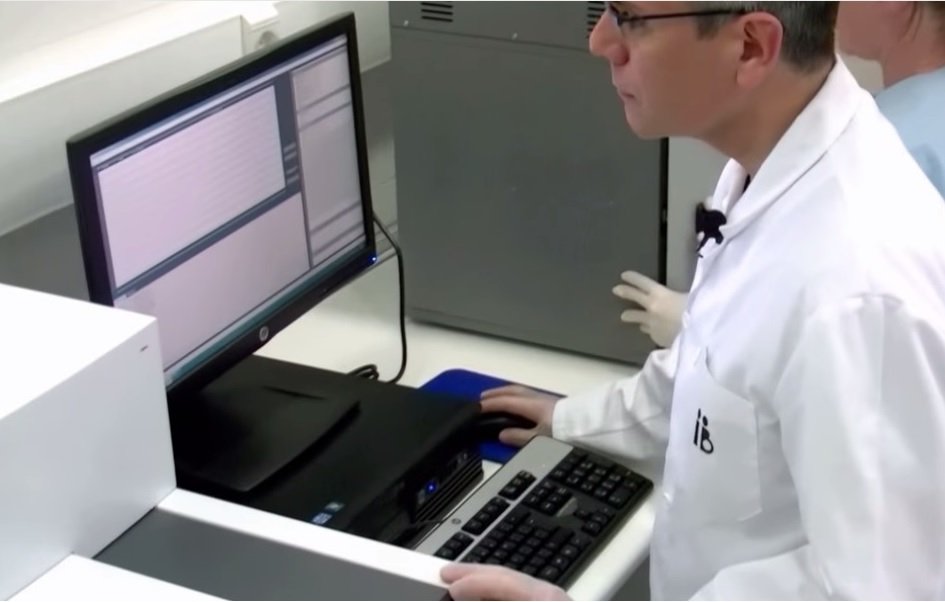IB Research: CCS as solution to chromosomal alteration in aneuploid embryos related to maternal age
10-06-2015

The age of patients undergoing fertility treatment has increased considerably in recent years. These elderly patients have a worse prognosis in an IVF cycle because of the high percentage of embryos with chromosomal abnormalities, among other reasons.
This is one of the research projects accepted by the European Society of Human Reproduction and Embryology (ESHRE) where, through Comprehensive Chromosomal Screening (CCS), we have quantified the percentage of altered embryos related to maternal age:
– Under 30: 31.3%
– Between 31 and 35 years: 36.1%
– Between 35 and 40 years: 49%
– Over the age of 40: 65.7%
In addition, the type of the identified alteration is not the same depending on the age group. Humans have 2 copies of each of the 23 chromosomes in our genome. Chromosome monosomy is when we have one copy instead of two, and trisomy is when we have three copies. The embryos with monosomy and/or trisomy, are not usually compatible with life, and they are not implant in the maternal uterus.
In our research, the level of monosomies is not affected by maternal age. However, trisomies increase progressively with age and mainly in chromosomes 2, 11, 13, 15, 16, 21 and 22.
Selection of chromosomally normal embryos by Comprehensive Chromosomal Screening (CCS) in IVF cycles allows us to correct the deleterious effect that maternal age exerts on embryo implantation.
“The type of chromosomal alteration that is detected in aneuploid embryos is related to maternal age” Ortiz, José A, Lledo, B., Morales, R., Ochando I., Ll. Aparicio, J. y Bernabeu, R.
